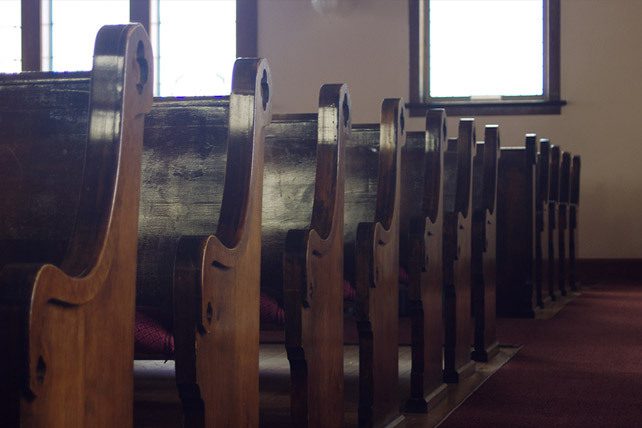Editor’s Note: Daniel Yang and Ed Stetzer recently interviewed The Rise and Fall of Mars Hill creator and host Mike Cosper on the Stetzer ChurchLeaders Podcast. Listen to that episode here.
By now, likely thousands of people in church leadership have listened to Christianity Today’s The Rise and Fall of Mars Hill podcast created and hosted by Mike Cosper. The series especially perked the ears of those involved in church planting in North America because of Mars Hills’ unique influence on the wave of new churches that started in the late 1990s and until around 2014.
As the podcast got underway, people weighed in on whether or not it was adequately addressing the problems raised in its first episode—particularly around abusive leadership, spiritual trauma, and the systems that perpetuate them. For some, it’s been seen as an unnecessary airing of the bad parts of American evangelicalism. For others, the podcast has been a catalyst to explore and understand their own leadership style and how it’s experienced by those they lead.
While there’s caution—even suspicion—about the idea of a podcast showcasing mostly Mark Driscoll, many are genuinely wanting to learn from it in order to do better, especially in gratitude to those who shared their Mars Hill story so that the ones most affected would have a voice.
Now that the series is finished (with some bonus material still to be released), it’s a good time for us in church planting to begin processing some of its themes, especially ones applicable to the work we do and the church plants under our care. For the sake of brevity, I’ll refrain from referencing episodes and timestamps because you’ll easily find these themes recurrent throughout the entire series. And while there are many other themes pertinent to theology, gender, race, and authority, all of which are important and even foundational to church planting, I’m focusing this article on how our awareness of the demise of Mars Hill could change our ideas in church planting systems in North America.
1. Narrative: The Mission Isn’t a War Against Culture and Other Churches
One crucial thing about a church planter is how they understand their calling to start a church, accompanied by the internal narratives they tell themselves in order to fulfill that mission. Mike Cosper spends time unpacking how Driscoll understood his call to plant Mars Hill and even how those stories evolved over time. Some of the narratives that drove the planting of Mars Hill in Seattle reflect the kinds of things fought over in the culture wars between evangelicals and secular culture. They also reflect the internal tensions that certain groups have towards others within American Christianity.
In the 1990s and 2000s, it was popular for church planters to talk about cities like Seattle as secular, liberal, postmodern, anti-Christian, and perhaps even dark. The posture of Mars Hill, especially in its early years, was hopeful, not to be consumers of culture but to be culture makers. The church is seen as a kingdom colony inside a dark city.
However, in this sort of motif, the tendency is to see a church planter primarily as a good soldier rallying an army to advance the kingdom of light against the kingdom of darkness. And depending on one’s theology and cultural background, the kingdom of light can be understood by a church planter to have a very strict vision for family, model of church, and posture towards non-Christians and other kinds of Christians. The narrative begins with an “us vs. them” framework so that the job of church planting is then to penetrate the darkness by winning some of “them” over to “us.”
“America used to be a Christian nation.”
“Church attendance is in decline.”
“The city is a dark place.”
“Churches here don’t preach the gospel.”
“[name any group you disagree with] are taking over.”
These statements, sometimes touted by church planters and whoever they heard them from, may or may not be accurate assessments of their context. Certainly, there’s some biblical language that could be appropriated to articulate these statements in ways that sound theological and missional. But they are such powerful ideas that when left alone, without further nuance and delineation, they can form strong opinions in the minds of a church planter. That opinion can become so real to the point where they aren’t engaging the actual spiritual dynamics of their city and context. The “war” is more in their heads than in their community. And when that is the case, they often end up creating enemies more than they do friends.

